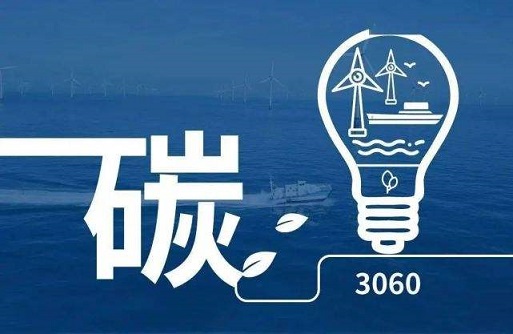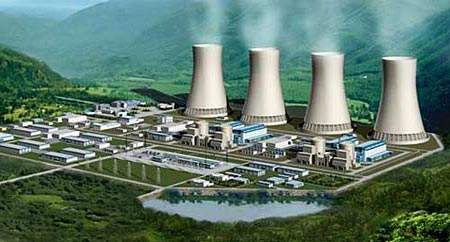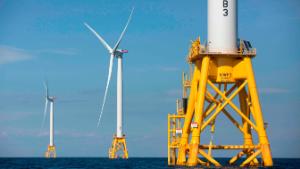A growing number of White House officials are publicly criticizing David Malpass, the Trump-appointed World Bank President, after he caught flak for dodging a question about climate change.
Malpass has faced calls to resign after appearing on a panel during which he did not directly answer whether he accepted the scientific consensus that the burning of fossil fuels is fueling climate change, saying “I don’t even know – I’m not a scientist and that is not a question.” The comments have further motivated White House officials who have long pushed for his ouster and moved other, more circumspect administration officials closer to that position, according to two sources.
President Joe Biden has so far declined to answer whether he still has confidence in the World Bank head. And White House press secretary Karine Jean-Pierre on Friday expressed disagreement with Malpass’ climate comments.
“We disagree with the comments made by President Malpass. We expect the World Bank to be a global leader of climate ambition and mobilization as well,” Jean-Pierre told reporters on Friday, adding: “The Treasury Department, which oversees our engagement with international financial institutions, has and will continue to make that expectation clear to the World Bank leadership.”
Asked later if this meant she was declining to say if the President has confidence in Malpass, Jean-Pierre said, “I stated very clearly where we stand on that.”
John Podesta, a top climate adviser to Biden, told Reuters on Friday that Malpass shouldn’t mince words about scientific consensus around climate change.
“I would say, particularly, that it is time for a leader of an organization that is responsive to billions of poor people around the world not to mince words about the fact that the science is real,” Podesta said.
Podesta would not directly say whether he should resign from the World Bank, telling Reuters, “Malpass should represent the people that the World Bank serves.”
Malpass’ prospective ouster has been a long-running, internal administration debate given how climate advocates – inside and outside the administration – have always viewed his stance. But it’s also not clear how, exactly, they’d oust him.
Since his initial panel remarks, Malpass has tried to course correct.
He told Politico that he will not resign, but apologized on Friday for the comments. He also told the outlet he would “absolutely” accept training from climate scientists to improve his understanding of climate change.
“When asked, ‘Are you a climate denier?’ I should’ve said no,” Malpass said. “It was a poorly chosen line. I regret that, because we as an organization are using the science every day.”
He told CNN on Thursday that “clearly” climate change was caused by humans burning fossil fuels.
When asked by CNN’s Julia Chatterley whether he was a climate change denier, as former Vice President Al Gore has called him, he replied, “I don’t know the political motivations behind that. It’s clear that greenhouse gas emissions are coming from man-made sources, including fossil fuels, methane, agricultural uses and industrial uses. And so we’re working hard to change that.”
“I’m not a denier, and I don’t know why that message … it gets tangled up and I’m not always good at conveying the exact message,” he said.
Malpass has faced calls to resign since his comments at a panel discussion on Tuesday at Climate Week in New York City, where he dodged a question over whether he accepted the scientific consensus that humans burning fossil fuels were “rapidly and dangerously warming the planet.”
On Thursday, he told Chatterley: “I don’t always do the best job in answering the questions or hearing what the questions are.”




